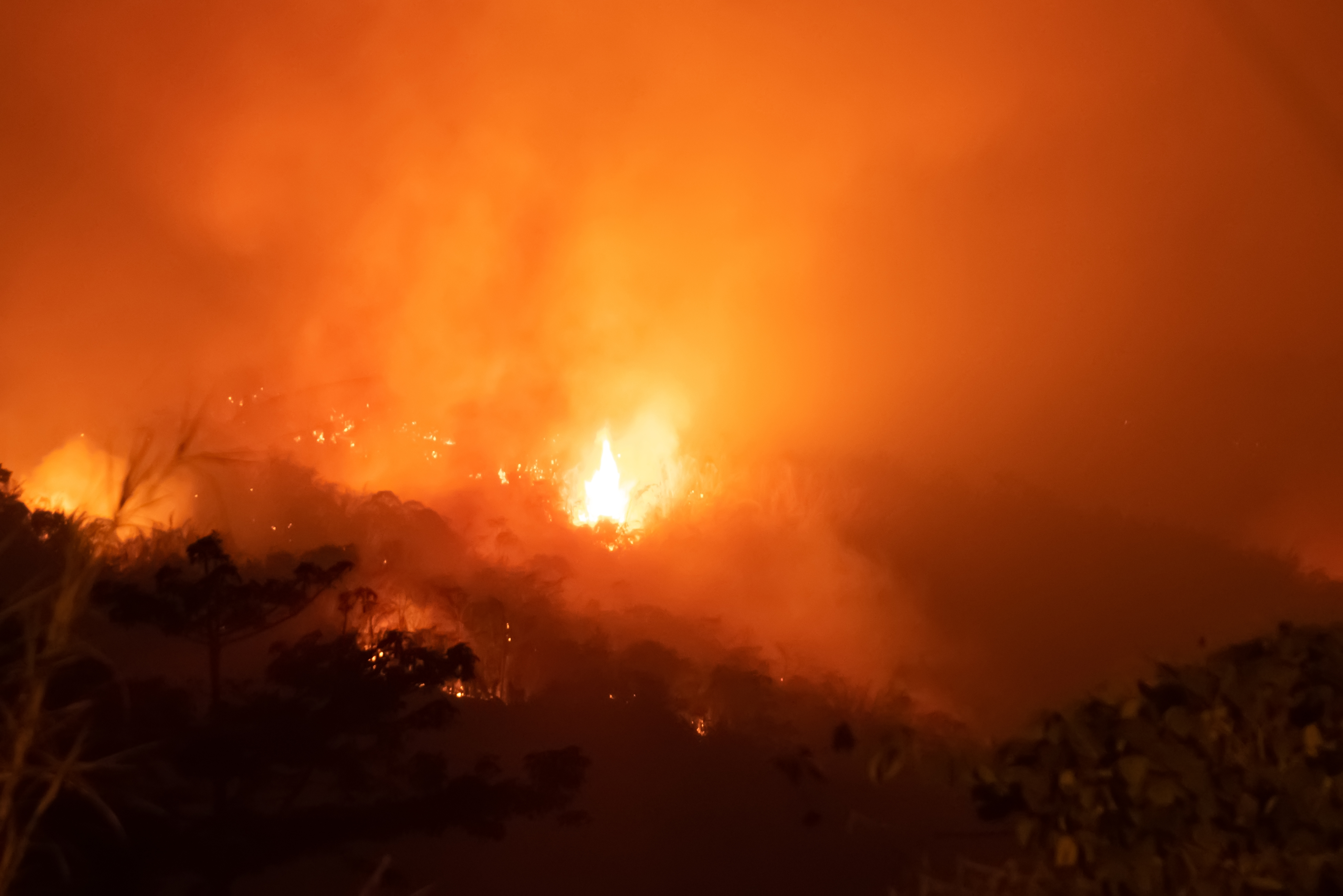
PM announces financial aid of $15 million as environmental devastation continues
By Tania Arora, Staff Reporter
Fires have been raging through the Amazon rainforest since late August, and it’s an environmental catastrophe that could affect the planet.
More than 20 percent of the oxygen we breathe in comes from the Amazon rainforest. It is considered one of the strongest forces in preventing global warming because of the amount of carbon in the air that it absorbs. This tropical rainforest is now burning at an unforeseen rate.
The 45th G7 was held in Biarritz, Nouvelle-Aquitaine, France this year from August 24 to 26, where the top economies of the world—including Canada—came together to respond to urgent global challenges. The Amazon wildfires were on the top of the agenda this year. At the conclusion of the summit, Prime Minister Justin Trudeau announced $15 million, plus the support of water bombers, to combat the fires in the Amazon.
In an interview with the press, as reported by The Globe and Mail, the Prime Minister said, “One of the things we have seen over the past years, as Canada has faced increasingly extreme wildfire events, is there is a global network of support and friends who lean on each other. We will be there to support our friends in South America as we fight a blaze that has impacts not just on their region but on our entire planet.”
Canada has a huge pool of resources like water bombers which it collects from provinces and territories to fight its own wildfires. In addition, Canada can call upon privately-owned fire-fighting aircrafts which in a case of emergency can be rented as well.
Brazil has also received a huge amount of international support for this crisis. Britain promised to contribute £11 million ($17.8 million) and the United States nearly US$20 million.
The entire situation has attracted a global debate where experts are arguing that money alone cannot help to solve the problem. Mark Lutes, a Canadian environmentalist working for the World Wildlife Federation in Brazil, said that the fires are caused by human activity in an interview with CBC. More specifically, the fires were set deliberately by people who wanted to expand their farming and ranching areas by illegally burning parts of the forest. This is considered the main problem, and many put the blame the president of Brazil saying his policies do not combat this deforestation issue.
Under the administration of the current Brazilian President Jair Bolsonaro, national environmental agencies have also faced a huge cut in funding. In addition, the Bolsonaro government has also lost the support of several other nations. Norway and Germany have withheld monetary aid, citing Brazil’s ignorance and not being able to stand to the commitment of fighting deforestation. The two European nations have held back $60 million in funds intended for Brazilian sustainability projects.

